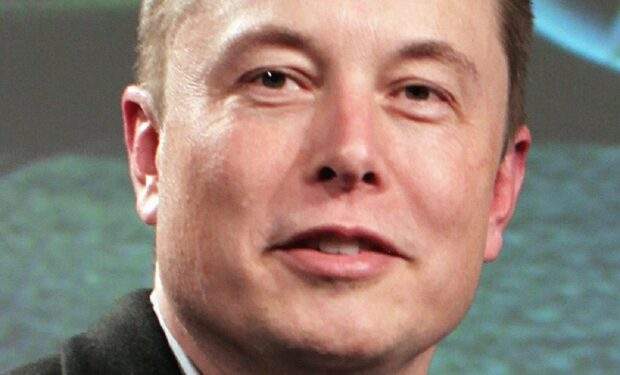One big narrative around Elon Musk‘s chaotic takeover of Twitter is that, while Musk is presumably having anarchic fun with his new possession, his other companies miss him badly.
This applies most especially to Tesla, the electric vehicle company that’s most closely related in the public mind with Musk’s daring and innovative genius — and with his real world ability to not just dream but deliver. As a result, Tesla is the Musk-made company whose stock price has most enthusiastically reflected investors’ seemingly limitless faith in the entrepreneur’s ability to deliver on his singular vision of the future.
But in the minds of some investors, the Twitter fiasco — even if it’s ultimately successful on its own — is a problem for Tesla. This narrative holds that Musk@Twitter both distracts Musk from the car business and damages the brand, as Musk’s Twitter activities become increasingly divisive and political.
That’s not to say his acolytes won’t stay loyal — or even double down on their faith — but rather to point out that potential Tesla devotees in the political middle aren’t exactly being sold on the notion of Musk’s infallibility by the current news cycle.
Tesla’s shareholders — previously lodged happily in a category Alan Greenspan famously called “irrationally exuberant” — have lately been forced to become more rational and less exuberant, as the stock sits near a 52-week low.
[Some of these shareholders understandably want Musk to quit Twitter — did they tilt that particular poll, one wonders, with their despair?]
Now Tesla investors, whatever their politics, won’t be too happy for very pragmatic reasons with Musk’s latest poll and political messaging — because it could directly affect Tesla’s bottom line.
In the new poll, Musk received over 3 million replies to his question “Should Congress approve the $1.7 trillion omnibus spending bill?” 71.2 percent of respondents said no, a result Musk then tweeted to Senators Chuck Schumer and Mitch McConnell, saying “the public has spoken.”
Besides the fact that a Twitter poll is unscientific and possibly compromised by bots, it’s surely a stretch to say that the “public” has spoken in this case.
.@SenSchumer & @LeaderMcConnell, the public has spoken.
— Elon Musk (@elonmusk) December 22, 2022
They are overwhelmingly against this giant spending bill. https://t.co/2XTdPT9lQB
But politics and polling accuracy aside, here’s the connection between Tesla investors and the new spending bill: Tesla has received and continues to receive enormous sums of money and other help directly and indirectly from the federal government (and also state governments) in the form of subsidies and other programs — and those subsidies are paid for in the spending bill Musk wants to stop from being passed.
Bite the hand that feeds you? It’s a self-defeating practice, acknowledged as such by everyone from business school grads to farm animals to Volodymyr Zelenskyy. Smart Tesla investors are against such hand-biting, too, presumably.
For example, take the $1 trillion infrastructure bill President Joe Biden signed in 2021, which included $7.5 billion for electric vehicle charging infrastructure. Musk said he was against the subsidies in the bill. But Tesla itself would have to favor $7.5 billion for electric vehicle charging infrastructure.
Musk’s SpaceX is another interesting case of a Musk-made enterprise affected by any government spending bill. Insider reports that SpaceX signed a nearly $3 billion deal with NASA in 2021 — that money needs to be funded by a spending bill, as does the $650+ million deal SpaceX did with the Air Force in 2020. SpaceX is privately held, but its value — and Musk’s reputation, which so affects Tesla’s share price — rose on the news of those government deals. Note: if the subsidies aren’t funded, the companies for which they are earmarked don’t get them.
